Power of the Purse: Restoring Congress’s Directed Spending Authority
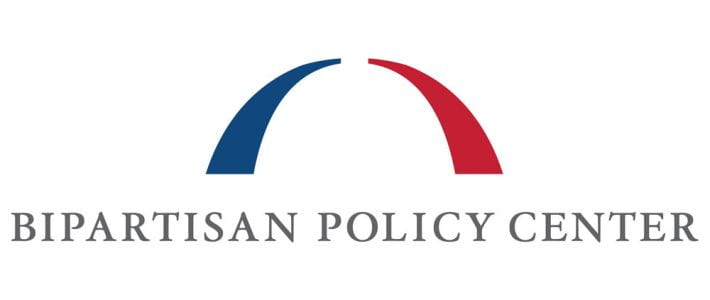

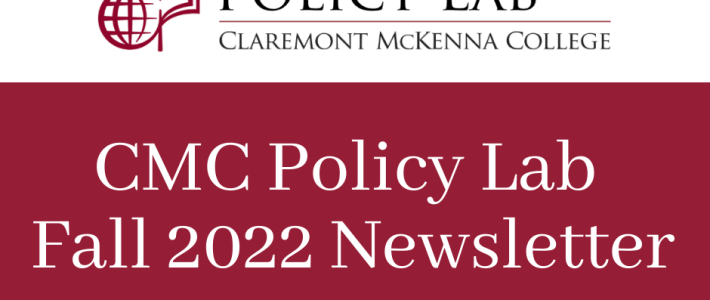

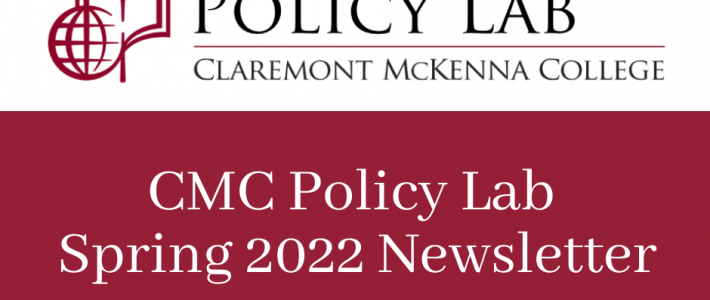

Despite Congress’ constitutional power to regulate federal elections, it has repeatedly abstained from doing so. The lack of a policy regarding federal elections meant that states were primarily responsible for managing the effects of the pandemic on the 2020 general election. It was up to individual states to enact statutes, issue rules or emergency orders to deal with the public health risks associated with voting during the pandemic. The variations in their responses to the election emergency caused by the COVID-19 pandemic could have had implications on accessibility, turnout, and the perceived legitimacy of the election. To understand this relationship, we to catalog the measures states took in 2020 in preparation for the general election, and draw conclusions as to their effects on vote access. We also determine how or whether a federal government policy on disrupted elections could have aided states in responding to the elections emergency caused by the pandemic.
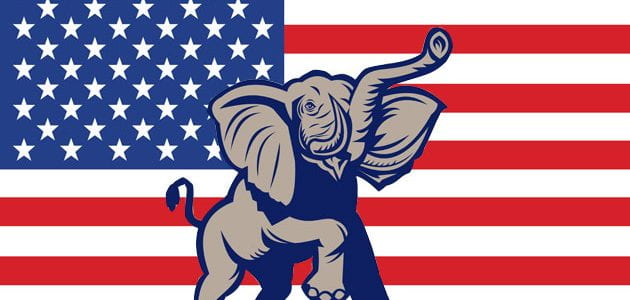
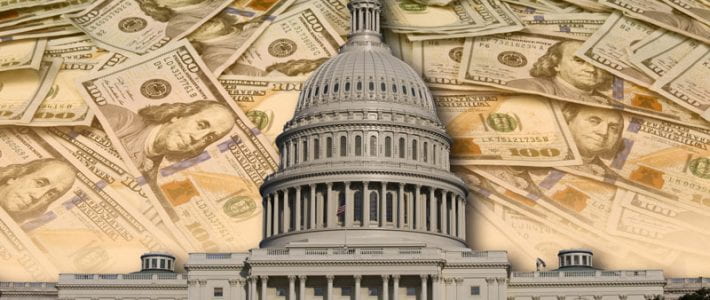
The American Enterprise Institute and the CMC Salvatori Center hosted a panel of experts to assess whether Congress can regain control over the nation’s finances and thus fortify representative government. Policy Lab Director Zachary Courser, co-author of the AEI report “Restoring the power of the purse: Earmarks and re-empowering legislators to deliver local benefits,” discussed how the 2011 abolition of earmarking did little to control spending and effectively transferred to the executive branch the power to direct funds. The imminent return of earmarks could increase bipartisanship while tangibly benefitting legislators’ districts.

The American Enterprise Institute and the CMC Salvatori Center hosted a panel of experts to assess whether Congress can regain control over the nation’s finances and thus fortify representative government. Policy Lab Director Zachary Courser, co-author of the AEI report “Restoring the power of the purse: Earmarks and re-empowering legislators to deliver local benefits,” discussed how the 2011 abolition of earmarking did little to control spending and effectively transferred to the executive branch the power to direct funds. The imminent return of earmarks could increase bipartisanship while tangibly benefitting legislators’ districts.
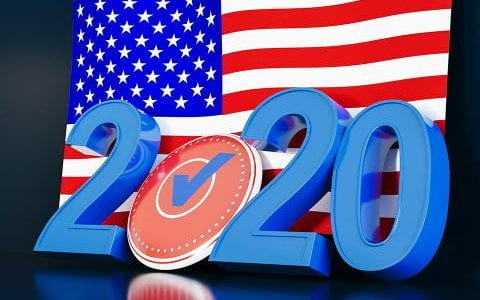
CMC’s Zachary Courser, Jack Pitney, and Andrew Sinclair, all professors in the government department, are joined by Sara Sadhwani, professor of politics at Pomona College, to look ahead at the results of the 2020 general election. The panel offered insights and analysis on the presidential race, as well as on other important election battles around the country.